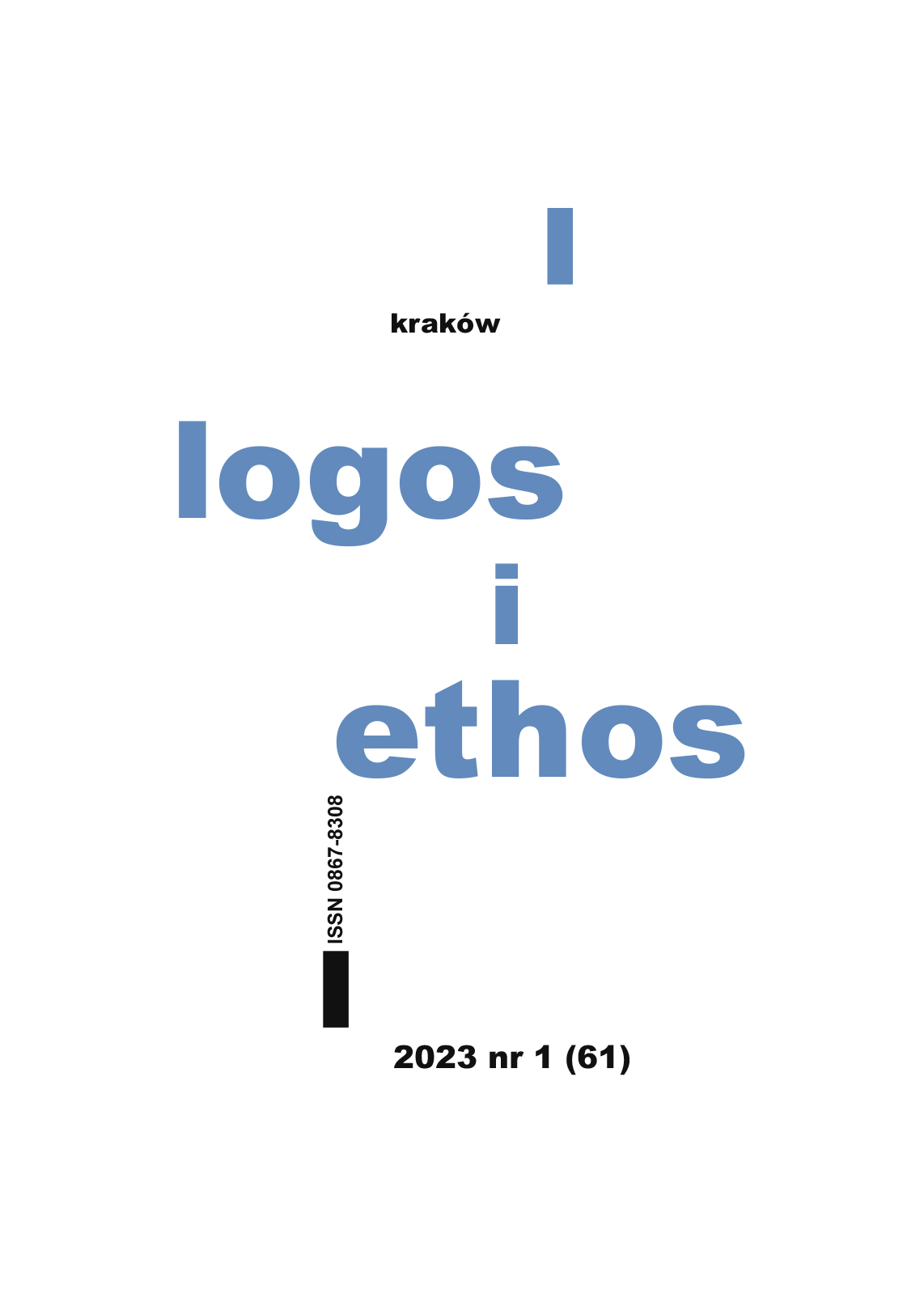Wojtyła’s view on Kant’s formalism and Scheler’s material ethics of value, or the ethics of material duty
DOI:
https://doi.org/10.15633/lie.61104Keywords:
morality, ethics, experience, moral dutyAbstract
The article presents the concept of ethics developed by Karol Wojtyła in his polemic against the ethical systems of Immanuel Kant and Max Scheler. Wojtyła negatively evaluates Scheler’s system as a tool for scientific interpretation of the Christian ethics, and at the same time as a tool for interpreting the experience of morality as such. However, he does not negatively evaluate the phenomenological method itself, which, in his opinion, is an indispensable tool in the analysis of moral facts. Moreover, Wojtyła proposes that this method should be applied even more consistently than Scheler himself did. This is because in his – partly justified – polemic with Kant, Scheler went too far in excluding the normative moment from the experience of morality. Wojtyła argues that the very phenomenological analysis of experience – above all, the judgments of conscience – shows that normativity is given in the originary experience of morality.
References
Buttiglione R., Myśl Karola Wojtyły, Towarzystwo Naukowe Katolickiego Uniwersytetu Lubelskiego, Lublin 1996.
Merecki J., L’antropologia filosofica nella teologia del corpo di Giovanni Paolo II, Cantagalli, Siena 2015.
Palacios J. M., Istota formalizmu etycznego, “Roczniki Filozoficzne” (1997–1998) n. 2, p. 187–202.
Scheler M., Der Formalismus in der Ethik und die materiale Wertethik, Francke Verlag, Bern 1954.
Styczeń T., Problem możliwości etyki jako empirycznie uprawomocnionej i ogólnie ważnej teorii moralności. Studium metaetyczne, Towarzystwo Naukowe Katolickiego Uniwersytetu Lubelskiego, Lublin 1972.
Wojtyła K., “Osoba i czyn” oraz inne studia antropologiczne, Towarzystwo Naukowe Katolickiego Uniwersytetu Lubelskiego, Lublin 2020.
Wojtyła K., Zagadnienie podmiotu moralności, Towarzystwo Naukowe Katolickiego Uniwersytetu Lubelskiego, Lublin 1991.
Downloads
Published
Issue
Section
License

This work is licensed under a Creative Commons Attribution 4.0 International License.
Authors who publish with this journal agree to the following terms:
- Authors retain the copyright and full publishing rights without restrictions, and grant the journal right of first publication with the work simultaneously licensed under a Creative Commons Attribution 4.0 International License that allows others to share the work with an acknowledgement of the work's authorship and initial publication in this journal.
- Authors are able to enter into separate, additional contractual arrangements for the non-exclusive distribution of the journal's published version of the work (e.g., post it to an institutional repository or publish it in a book), with an acknowledgement of its initial publication in this journal.
- Authors are permitted and encouraged to post their work online (e.g., in institutional repositories or on their website) prior to and during the submission process, as it can lead to productive exchanges, as well as earlier and greater citation of published work (See The Effect of Open Access).

